By: Sana Shabbir Posted on Fri, 29-04-2016

The whole new market is opened as the translation industries are developing on the big scale. Now you can easily purchase the product of other countries, which are now available at your place with the translated packaging content. Now there is the huge competition internationally, businesses are getting out in the international market with the new spark. With the development in online industry expert translation services, many businesses are flourishing due to the high quality content used in advertising their product or services.
The mars translation services have made easier for many businesses to expand in the foreign countries, where it was not possible to advertise their product in other languages. After transforming one language into another, the other demand was the quality assurance. As businesses started to get out of their league into other countries, the translation became the core part of their advertising. As it was not easy to communicate into other countries where there was a huge gap between languages.
Quality assurance is the basic part of any translation service and this process provides you with the outstanding and accurate translation and keeps on improving the quality of translation. Assessing the quality of your translation is the hardest in the consistent and useful way.
With most modern quality rules the best that you would get is usually some fuzzy review or feedback with few examples which illustrate what has been spotted by a viewer during the review process. But to that manual reporting process not all quality issues are reported and most importantly that feedback will change a lot from one review to another. The expressive nature of this proof reading report is tough to quantify and turn into a hard data you can use.
As the result the issue of quality in translation is something that is very often overlooked or only taken in notice when things get wrong. Measuring the quality of your translation is now the needy process that fits in very naturally in your translation and review cycle.
You can now get measurable feedback instead of just impressions and comments. The measurement will be according to your own criteria. This is very important step, because there is no other universal way to judge what quality is. Only you can tell what quality is for you. There are two main steps in the quality assurance
Linguistic quality assurance gives you new benefits; you will be able to measure the quality of your translation. Most of the client skills this process, as they feel like this is an extra process which will cost them much. But remember one thing by including this process into your translation cycle you will be able to ensure the quality of the work and can sleep calmly at night without wondering any disaster in the market.
It is true that no one will accept any linguistic error in your work, not the client and not the audience. There are many doubts that arise into the mind of clients as they get the translations back which are like:
To remove these all doubts you have to take the step of linguistic quality assurance, which will insure you that you are getting the quality translation. It is basically a process done in two steps, accomplished by dissimilar linguistics. In the process editors proofread the translation done by the other translator and correct the mistakes if any. Than in the final step the language quality is measured by the native linguist.
LQA is the very important process in order to check the quality of linguist phrases. Every translation agency should include this process into their translation system as it ensures that the final product is perfect for the target locale. LQA also ensures that the content delivered to you is not awkward or stilted.
Functional quality assurance process is another important step taken in the translation industry, to ensure whether the translated content is revealing the same format and meaning as the original document. Special localization service provider look upon the content whether the gist of the content is right according to the place where it has to be shown.
Every translation varies in different cultures and languages. If you are translating any document which is in Russian into Chinese the format will automatically change and the same document when translated into any other language, you have to adopt another pattern. This functional quality assurance process is only done by the experts of that specific area. The functional quality assurance process includes several steps like:
At certified documents translation services the localization vendor or the client does most of this verification. The script is structured like a map and connects it with all of its directions like language, format and the cultural norms. This functional quality assurance is implemented in the earlier stage in order to prevent the big hazard.
Certified industry expert translation services connects to anyone, anywhere in the world by translation your words into any language. These services have strict quality control method to make sure that every translation is done right. Best translation services hire experienced linguists, who are bilingual in the language pair in which they work and they understand the subject matter and the industry.
The two methods which are linguistic quality assurance and the functional quality assurance are the most important for all of you to add up into your translation while getting it done. It is demand of today’s world to come up with quality work, the mistakes are not accepted anymore. So before getting your content in front of someone make sure it is properly examined through these methods.
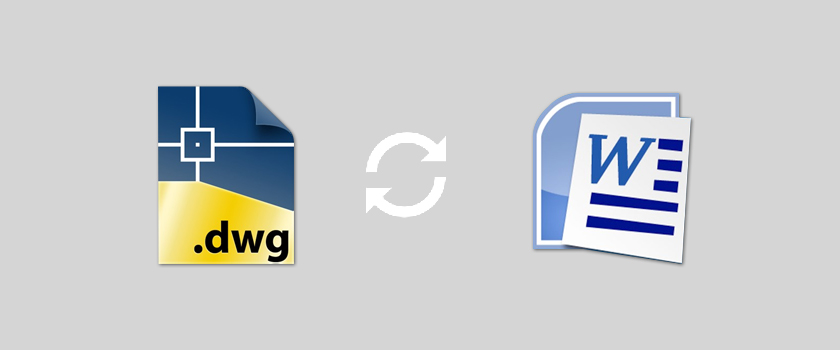
dwg: It means a drawing file save format created by AutoCAD, and now has been the standard format of 2D
Read More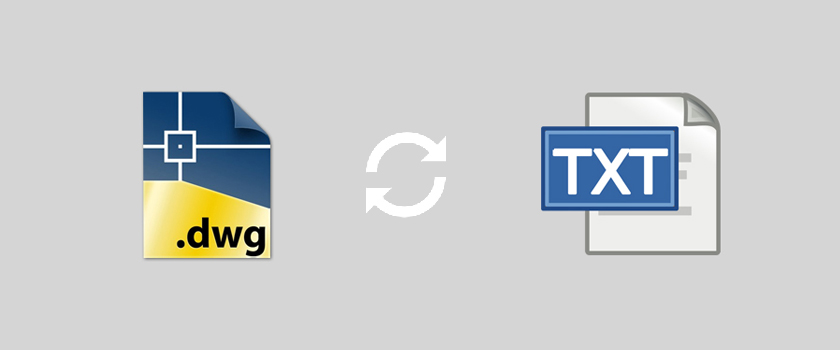
dwg: It means a drawing file save format created by AutoCAD, and now has been the standard format of 2D
Read More
Mars Translation can help you extract the texts in a DWG file and convert them into a Word file so
Read More
dwg: It means a drawing file save format created by AutoCAD, and now has been the standard format of 2D
Read More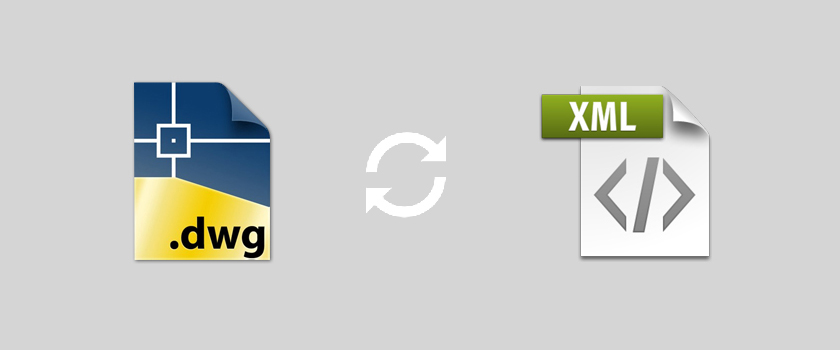
dwg: It means a drawing file save format created by AutoCAD, and now has been the standard format of 2D
Read More
MarsTranslation can help you extract the texts in a DWG file and convert them into a XML file so that
Read More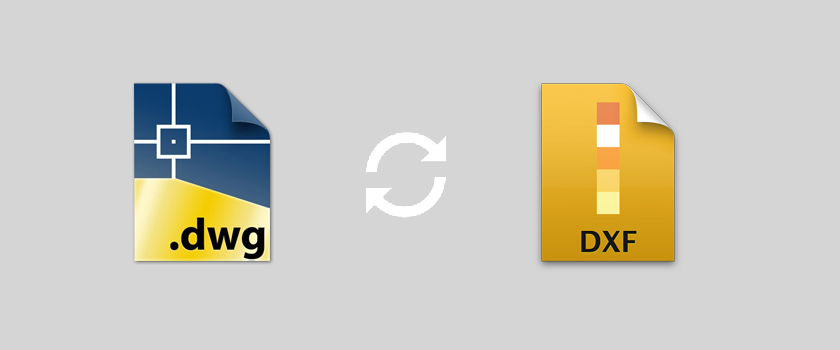
If you are a designer you are bound to find yourself in situations when you have to convert your DWG
Read More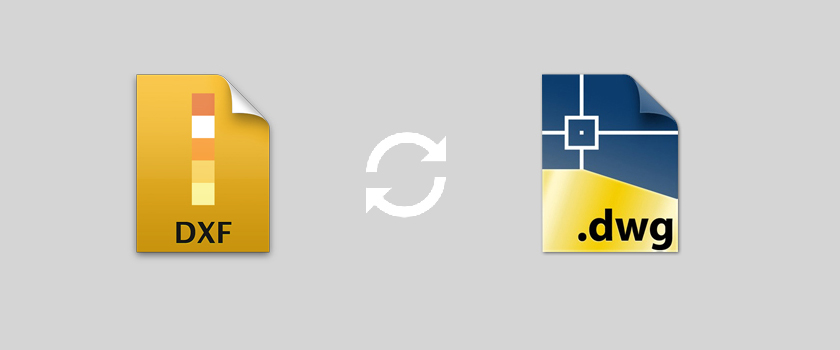
dwg: It means a drawing file save format created by AutoCAD, and now has been the standard format of 2D
Read More
MarsTranslation can help you extract the texts in a DWG file and convert them into a Word file so that
Read More


Document Translation
Professional document translation by native expertsApp Localization
Get more downloads by adapting your app for different target marketsVideo Translation
Multilingual translation and subtitling servicesWebsite Localization
Adapt your website into multiple contexts for global reachSoftware Localization
Adapt your software for global usersGame Localization
Reach new players with localized gameplayMTPE
Refine AI translations for natural fluencyBusiness Translation
Professional translation for business documents and websitesDTP & File Conversion
Professional DTP and File conversion, supporting multiple file formatsProofreading
Perfect your content with expert review© Copyright 2026 MarsTranslation